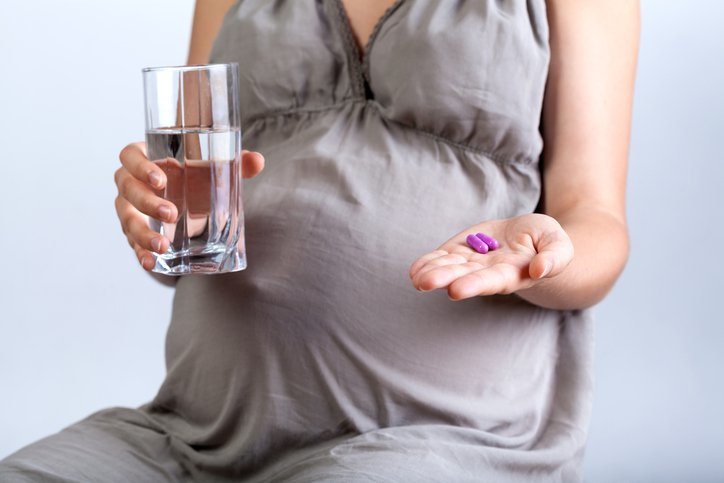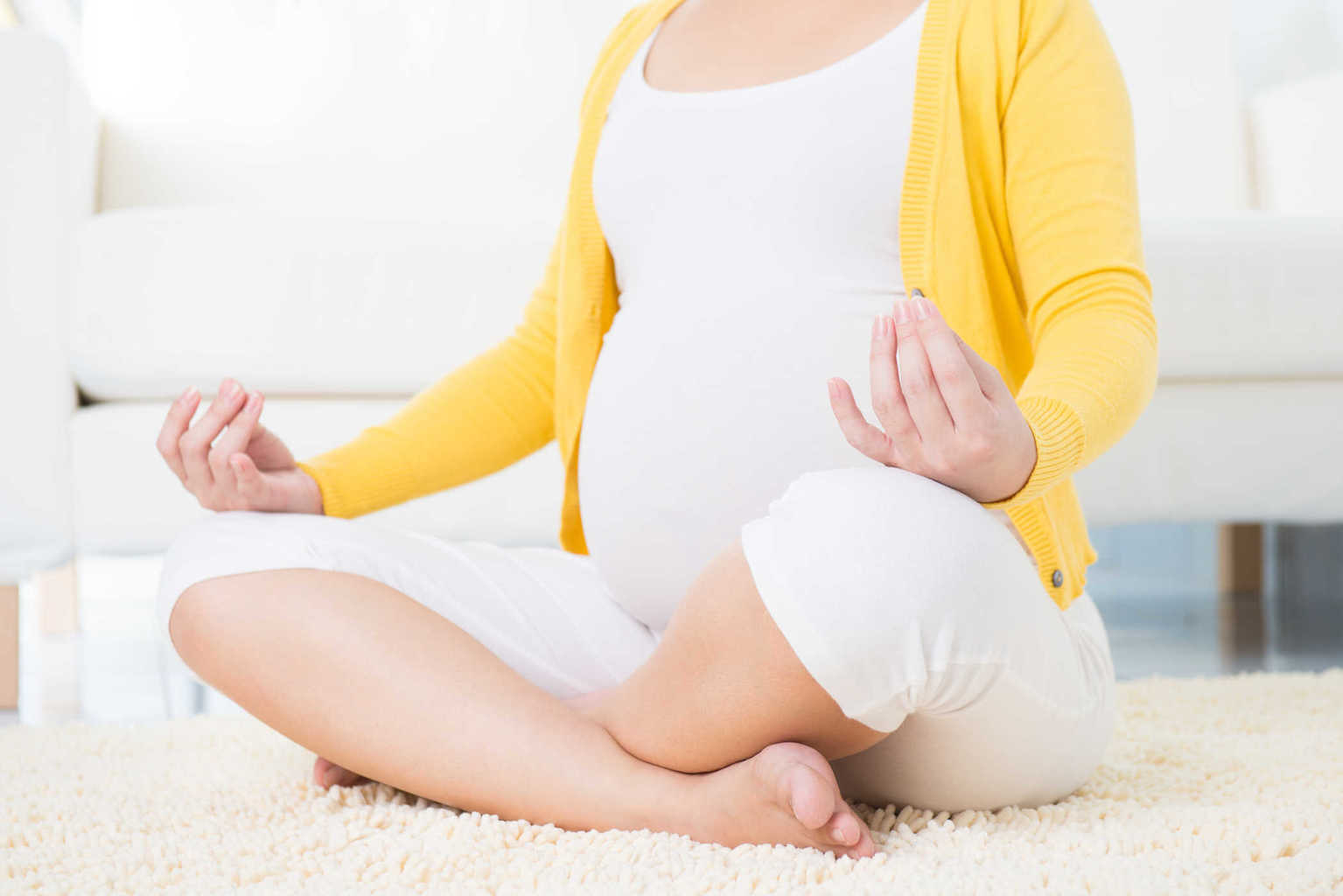Contents:
- Medical Video: Pregnancy Tips : Taking Prenatal Vitamins While Trying to Get Pregnant
- What are prenatal vitamins?
- Do all pregnant women need prenatal vitamins?
- Who really needs prenatal vitamins?
- How long should I take prenatal vitamins?
- Are there any side effects after taking prenatal vitamins?
Medical Video: Pregnancy Tips : Taking Prenatal Vitamins While Trying to Get Pregnant
As we already know, pregnant women experience a lot of increased nutrient requirements. This nutrient requirement can be obtained from healthy food. However, it is not uncommon for pregnant women to be unable to meet their needs, so pregnant women are encouraged to take prenatal vitamins.
What are prenatal vitamins?
Prenatal vitamins or prenatal supplements contain lots of vitamins and minerals needed by mother and baby. Prenatal vitamins generally contain three important nutrients, namely folic acid, iron, and calcium. These three nutrients are needed by pregnant women and experience an increase during pregnancy.
Folic acid is needed to prevent birth defects in infants because folic acid plays an important role in the initial formation of the brain and spinal cord. Meeting the needs of folic acid before becoming pregnant until a few weeks after pregnancy is highly recommended for pregnant women. Synthetic folic acid more easily absorbed by the bodythan natural folic acid found in food. So, taking folic acid supplements is highly recommended, even though you already eat foods with balanced nutrition.
Iron also increases during pregnancy because maternal blood volume increases. This iron acts to deliver oxygen to the mother and baby. Iron deficiency during pregnancy can cause mothers to suffer from iron deficiency anemia, which can increase the risk of premature birth, low birth weight babies, and infant mortality.
Calcium is also needed to help prevent mothers from losing bone density because babies use calcium in the mother's body for bone growth. In addition to bone growth, calcium is also needed for tooth growth, muscle and nerve health (including the heart).
Do all pregnant women need prenatal vitamins?
Actually, there are no standard standards for vitamins and minerals that must be present in prenatal supplements. What and what you have to consume depends on your individual needs because the nutritional needs of individuals vary. Therefore, choose the right prenatal supplement for you. You need to consult a doctor first before taking prenatal supplements. Your doctor will adjust your supplement needs based on your eating habits and conditions to meet your needs.
Usually, what a pregnant woman definitely needs is a supplement of folic acid and iron, where you are unable to meet those needs if it only depends on the food you eat.
However, all you have to remember is that prenatal vitamins are only a complement to your diet, not a substitute. So, if you only rely on your nutritional intake from supplements, you will not meet the 100% of the vitamins and minerals you need.
Who really needs prenatal vitamins?
It is difficult to fulfill all the nutritional needs needed by the mother and baby, even though pregnant women eat a lot of food. Because of that reason, pregnant women need prenatal vitamins. Many pregnant women benefit from prenatal vitamins, especially for those who have taken prenatal vitamins before becoming pregnant.
Prenatal vitamins are especially important for pregnant women who have dietary limitations, have health problems, or complications during pregnancy, such as:
- Mother is vegetarian or vegan
- Mothers who have lactose intolerance or intolerance to other types of food
- Mother who smokes
- Mothers who experience diseases related to blood
- Mothers who have eating disorders
- Mothers suffering from chronic diseases
- Mothers who have had gastric surgery
- Mothers who experience twin pregnancies
How long should I take prenatal vitamins?
This depends on the needs of each individual. If you are unable to meet your nutritional needs from food, it might be better if you take prenatal vitamins during pregnancy. For those of you who want to breastfeed a baby, maybe your doctor will recommend continuing the supplement after the baby is born.
Are there any side effects after taking prenatal vitamins?
Many pregnant women experience problems with their digestive system after taking prenatal vitamins. But, this is a normal thing. Taking prenatal supplements containing more than 30 mg of iron can cause problems in the digestive tract.
To avoid this, you can try consuming it before going to bed or along with other foods to make it easier to digest and not make you want to vomit.
Too much iron can also cause constipation or diarrhea (rare). To prevent constipation, you can drink more water and add fiber (from vegetables and fruit) to your diet.
READ ALSO
- 9 Preparations You Must Do Before Trying to Get Pregnant
- Iron Supplements for Pregnant Women with Anemia
- Why do pregnant women need to consume blood boosting tablets?












